Table of Contents
Anxiety- we are all familiar with it and experience it from time to time. This evolutionary trait was initially meant to protect our ancestors from prowling animals and other potential threats.
When functioning properly, anxiety acts as an alarm system, possibly a motivator as well, that pushes you to meet a deadline or finish a project on time. But for some people, these anxious emotions exceed their benign functions and overflow their bank, flooding the body with stress hormones and filling the mind with poisonous worries and toxic thoughts. This state of havoc and absolute crisis is what experts now call an anxiety attack.
Whether you are an amateur or well-versed in experiencing these bouts of anxiety, life may not seem ideal. However, no matter how nervous, gloomy, or dark your future seems, there is always light at the end of the tunnel. This article will explain to you what an anxiety attack is and how to recognize and manage it for a better future.
How to recognize an anxiety attack: Signs you should know
Unfortunately, the Diagnostic and Statistical Manual of Mental Disorders, 5th edition (DSM-5), the holy book for psychiatrists, does not list anxiety attacks as a separate illness.
However, it does define it as a feature of various common psychiatric issues, such as:
- Panic disorder
- Generalized anxiety disorder
- Obsessive-compulsive disorder
- Social anxiety disorder
- Post-traumatic stress disorder (1)
- Separation anxiety disorder
- Agoraphobia without a history of panic disorder
Experts believe that most anxiety attacks originate in anticipation of a stressful experience, event, or situation and may include the following triad of symptoms:
- Distress
- Fear
- Worry
A lack of diagnostic recognition also signifies that the symptoms of an anxiety attack are open to interpretation. This also explains why these symptoms, as described by one person, may grossly differ from the experience of another person who has also been through an attack.
Symptoms
Anxiety attacks usually come in bouts of intense fear accompanied by other strong symptoms. Mentioned below are some common anxiety attack symptoms in both women and men:
- A feeling of impending doom or overwhelming fear
- An urge to escape
- Feeling as if you are losing control or going crazy
- An increased sense of danger
- A surge of gloom and doom
- Feeling like you may faint or pass out
- Heightened danger surveillance
- Dizziness
- Sweating
- Shaking or trembling
- Heart palpitations
- A racing or pounding heart
- A feeling as if you are being smothered
- A flushed face
- Chest discomfort or pressure
- Turning pale
- Inability to free your mind from fear
- Feeling like being in a dream
- Difficulty thinking straight or increased confusion
- Pins and needles sensations in your hands and feet due to hyperventilation (fast, shallow breathing) (2)
- Burning skin
- Feeling weak in the knees
- Hot and cold flushes
- Nausea and stomach cramps
- Feeling numbness in the limbs
How to handle an anxiety attack
Anxiety attacks can easily incite panic, worry, and stress; however, they are easy to manage, provided you maintain composure. Go through the tips mentioned below to learn how to help anxiety attacks:
- Acknowledge that an anxiety attack has started
- Keep yourself calm and remind yourself that it is only a phase that will pass
- Focus on your breathing as much as you can
- Try loosening your muscles and body
- Keep taking deep breaths as you allow your body to use up the stress hormone
- Close your eyes and imagine something calm and peaceful, such as a beautiful sunset on the beach
Once you learn how to stop anxiety attacks, it becomes easier to manage them no matter when or where you experience them. Remember that practice is key, so keep working on keeping yourself calm and practice deep breathing more often.
What does an anxiety attack feel like
Everyone can experience an anxiety attack differently, depending on what’s triggering it and how capable they are at managing it. For most people, an anxiety attack usually takes some time to build up, and the symptoms become more pronounced within a few minutes to an hour. However, these symptoms are typically less intense and last longer than those experienced during a panic attack.
Even though anxiety attacks are not clearly defined, the following symptoms can give you a clue about what they may feel like:
- Nervousness
- Sleep disturbances (3)
- Poor concentration
- Sweating
- A sense of impending danger
- Rapid, shallow breathing
- Increased heart rate
- Increased blood pressure
- irritability
How long does an anxiety attack last
Anxiety attacks can last for a few minutes to half an hour, or even more, depending on individual circumstances. In some cases, the entire episode may stretch out over days, with symptoms subsiding and reoccurring multiple times.
The extent and intensity of an anxiety attack typically depend on the following:
- How afraid/frightened a person is
- How do they manage fear
- How they respond to having an anxiety attack and its symptoms
Generally, the more prolonged and intense the reaction, the longer the anxiety attack and its symptoms.
What is a silent anxiety attack like
Anxiety attacks are usually very obvious, with prominent symptoms that can interfere with everyday activities. However, some people experience what experts call silent anxiety attacks.
These silent anxiety attacks begin with mild symptoms that are very hard to notice. Some of them include the following:
- narrowing of vision
- tightness in chest
- a sticky feeling in the mouth or throat
- elevated heart rate
With time, hands start getting shaky, and the sufferer begins making subtle mistakes while speaking. The apparent symptoms come into play when the individual fails to escape the situation that’s making them anxious. As soon as this happens, their shakiness may become evident, their face may turn bright red, and they may struggle to breathe, talk, and function.
Ways to prevent anxiety attacks
While there is no sure shot way of preventing an anxiety attack, the following activities can significantly reduce the risk of experiencing one in the near future:
- Practice deep breathing regularly to keep your stress levels under control
- Adopt a hobby and find joy in it
- Meet up with friends, family members, and other loved ones to de-stress your mind and body
- Try cognitive behavioral therapy (CBT) with a professional to pinpoint and address any negative thought patterns that might be feeding your anxiety attacks (4)
- Eat regular meals to keep your blood sugars stabilized
- Engage in regular aerobic exercise to release tension, manage stress levels, and improve mood
- Cut down your coffee intake, as it may serve as an exacerbating factor
Breathing exercise for anxiety attacks
Breathing plays a fairly significant role in managing anxiety attacks. By controlling how you take breaths in and out and focusing on the breathing activity, you are essentially diverting your mind’s attention from a potential trigger and allowing it to release the tension buildup slowly and steadily.
The best thing about breathing exercises is you can do them anywhere and in any position. Stand up, sit in a chair, get in bed, or lie on a yoga mat according to what suits you the best, and make yourself as comfortable as possible. Try loosening any clothes that may be restricting your breathing. If you are sitting, rest your arms on the chair arms and if you are lying down, make sure to keep your legs straight and your arms at a short distance from your sides with your palms facing up.
If you are standing, place both feet on the ground, approximately hip-width apart. Once you are in position, follow the steps mentioned below:
- Regulate your breathing and allow your breath to flow as deeply and comfortably as possible
- Close your mouth and use your nose to take a deep breath in and count to 5. Slowly release the air through your mouth
- Keep breathing in and out for at least 5 minutes several times a day
Once you become efficient at this basic breathing exercise, you may try other, more complicated breathing exercises to better control your anxiety attack symptoms.
Anxiety attack vs. panic attack
Can anxiety lead to panic?
Anxiety and panic attacks are often used interchangeably as they share many physical and emotional symptoms. Some people also suffer from both without realizing it because of these similarities. For example, an individual may continue having silent anxiety attacks about an upcoming exam or a job interview and eventually end up going into a panic attack when the situation finally arrives.
Some symptoms that confirm that your anxiety has led to a panic attack include:
- A sudden onset of new symptoms or an exacerbation of older symptoms, like shortness of breath, a racing heart, sweating, and trembling
- Severe nausea and chest discomfort
- Labored breathing
- A sense of impending doom
- An inability to carry out normal activities until the symptoms subside
Anxiety attack vs. panic attack
Finding differences between panic attacks and anxiety attacks may be a bit hard as both can have very similar presentations. However, to understand how both conditions may differ, keep the following in mind:
Causes
An anxiety attack is usually triggered by something that your mind perceives as threatening or stressful. In contrast, panic attacks may begin all of a sudden with no prior warning and do not always have an underlying stressor
Fight-or-flight
A panic attack allows the body’s fight-or-flight response to take over, producing symptoms more intense than what you experience during an anxiety attack.
The severity of distress
An anxiety attack may vary in severity. They can be severe enough to disturb your life or mild enough to continue occurring silently without you being aware of them. Panic attacks present with more severe symptoms that can disrupt the ongoing activity.
Emergence
Anxiety attacks build gradually, whereas panic attacks are abrupt with a sudden onset.
Outcome
People who experience a panic attack usually fear experiencing another one soon. This constant fear can negatively affect their behavior and isolate them from places or objects that they believe can trigger a further episode.
How do I know if I’m having a panic attack due to anxiety
If you are going about your day and suddenly start experiencing intense fear and anxiety, it’s likely that you are suffering from panic attacks due to anxiety.
Some other symptoms that eventually follow include:
- A racing heartbeat
- Nausea
- Tingling sensations in lips or fingers
- Trembling, shaking, or sweating
- A feeling of losing control
- Feeling dizzy, lightheaded, or faint
- Increased breathing rate
The symptoms usually last for 5 to 30 minutes and then gradually begin to settle. As dangerous as a panic attack may sound, remember that a panic attack due to anxiety alone is never dangerous and cannot harm you.
Causes of panic attacks and anxiety attacks
Both panic and anxiety attacks usually have very similar triggers, which may include the following:
- Driving
- Chronic pain
- Memories of a past traumatic experience
- Chronic issues, such as asthma, diabetes, or IBS
- Social situations
- Stressful jobs
- Certain phobias, such as acrophobia or claustrophobia
- High caffeine intake (5)
- Thyroid-related issues
- Withdrawal from alcohol or drugs
Risk factors for panic attacks and anxiety attacks
Panic and anxiety attacks not only share similar symptoms but comparable risk factors as well (6). Some of these include:
- Experiencing or witnessing a traumatic event, either in childhood or as an adult
- Having an anxious personality
- Living with a life-threatening or chronic physical ailment
- Going through a stressful phase of life, such as divorce or bereavement
- Ongoing worries and stress, such as financial issues, conflict in the family, or increased work responsibilities
- Co-occurring depression, obsessive-compulsive disorder, mood disorder, or other mental illness
- Using excessive alcohol or drugs
- A positive family history of panic or anxiety attacks
People with underlying anxiety are at a heightened risk of developing panic attacks. However, not everyone struggling with anxiety will experience it.
Diagnosing panic attacks and anxiety attacks
Anxiety attacks are not easily diagnosed since there are no strict criteria defining them. However, a mental health professional can pinpoint associated triggers that might be precipitating or contributing to these attacks, such as:
- Social anxiety disorders
- Phobias
- Anxiety disorders
- Anxiety symptoms
Schedule an appointment with a medical professional to diagnose an underlying panic or anxiety attack. These appointments typically begin with an in-depth discussion about symptoms followed by examinations and tests to rule out other potential causes, including:
- A thorough physical exam
- A psychological evaluation
- An electrocardiogram or ECG to trace the working of the heart
- Thyroid function tests (TFTs) (7)
- Blood
Treatment and medication for panic attacks and anxiety attacks
It is best to consult a medical professional regarding treatment and medication for panic and anxiety attacks. In most instances, the treatment regimens are quite similar; however, there might be a few differences depending on individual circumstances.
Counseling & Psychotherapy
Talk therapy for panic attacks and anxiety attacks may include the following (8):
- Cognitive therapy – This therapy helps sufferers recognize, neutralize, and reframe negative thinking patterns that potentiate panic and anxiety attacks.
- Exposure therapy – This therapy involves placing patients in anxiety-provoking situations under controlled circumstances to help them learn how to confront them more healthily.
- Cognitive behavioral therapy – This therapy helps sufferers manage triggers and prevent future episodes.
The therapies mentioned above may take place one-on-one with a therapist or in a group setting along with other people facing similar issues.
Medications
Some commonly prescribed medications for the short-term management of anxiety and panic attacks include (9):
- Antidepressants, such as serotonin-norepinephrine reuptake inhibitors (SNRIs) or selective serotonin reuptake inhibitors (SSRIs)
- Anti-anxiety medications, such as benzodiazepines – these medications suppress anxious thoughts.
- Beta-blocker medications – These medications are used to manage physical symptoms, such as a racing heart. (10)
Often, a good comprehensive treatment plan includes both therapy and medication to effectively manage an anxiety or panic attack.
Home remedies for panic attacks and anxiety attacks
Regardless of having a panic or anxiety attack, plenty of home remedies can help you sort out the symptoms and minimize their reoccurrence. Whenever you feel the emerging symptoms of a panic or anxiety attack, keep the situation under control with the remedies mentioned below:
Slow Breathing
Shift your focus to your breathing and pay attention as you calmly take a breath in and out, one after the other. Feel the oxygen filling your lungs and how your body moves when you inhale and slowly release it.
Mindfulness
Wondering how to calm an anxiety attack? Mindfulness can work wonders (11). A growing body of research indicates that activities based on mindfulness can help anxious people ground their thoughts in life experiences and prevent them from developing anxiety attack symptoms.
Relaxation techniques
Stress remains the number one trigger of both panic and anxiety attacks. Hence, preventing these attacks requires individuals to relax their minds and bodies to cut back on stress. Relaxation techniques like progressive muscle relaxation, aroma therapy, and guided imagery are some of the techniques that may help achieve a more stress-free life.
Lifestyle modifications
The lifestyle adjustments mentioned below can help vulnerable people keep symptoms of an anxiety attack at bay:
- Harness the power of daily journaling, especially positive affect journaling, to stop focusing on damaging thoughts and nip them in the bud before they dominate your mind while cultivating positivity (12)
- Manage all potential stress-generating sources in life
- Perform moderate exercises as regularly as possible
- Put a limit on your caffeine and alcohol intake since they worsen the symptoms of an anxiety attack
- Adopt healthy eating habits
Natural treatments for anxiety attacks
People who are not willing to accept medical treatment for anxiety attacks can consider trying the following natural ways to manage anxiety attacks in the future:
- Adopt an active lifestyle: take the stairs instead of the elevator, walk more often, or join a gym
- Eat a balanced diet with appropriate proportions of fat, protein, and healthy carbohydrates (13)
- Consider limiting or eliminating smoking, coffee, and alcohol as they contribute to the symptoms and prevalence of anxiety attacks
- Prioritize getting high-quality sleep every night
- Meditate whenever you get time to cut back on the stressful thoughts burdening your mind
Things you can try on your own
In addition to seeking medical help and support, try the following things on your own to reduce the risk, frequency, and intensity of anxiety attacks in the future.
- Improve your sleep hygiene and invest in getting a comfortable sleep every night.
- Make it a habit to practice deep breathing several times a day, especially during stressful times.
- Put aside ten minutes every day to meditate
- Exercise regularly to keep your mental and physical health in check
- Seek social support and reach out to family and friends to avoid feeling isolated and worthless
Preventing further attacks
Have you recently been through an unpleasant anxiety attack and don’t wish to experience it anymore? The following tips may help you prevent one in the future:
- Read a cognitive behavioral therapy (CBT)-based self-help book
- Avoid sugary drinks and foods, caffeine, and alcohol
- Consider quitting smoking
- Invest time to learn breathing techniques and find out which ones relax you the most.
What to do during a panic attack
You feel your hands getting sweaty, your heart skipping beats, and tension levels rising in your muscles. What do you do next? How do you help alleviate an anxiety attack and prevent them from taking control of you?
Try the tips mentioned below:
- Do not fight it
- Avoid moving to another place and stay wherever you are, if possible
- Divert your mind to your breathing as you slowly inhale and exhale
- Reassure yourself that the attack will pass very soon
- Remind yourself that an anxiety attack, when it is not due to other medical conditions, is never life-threatening and cannot harm you
- Close your eyes and imagine anything that soothes you, such as your spouse, kids, your parents’ home, or a memorable vacation
How Can I Learn More About Anxiety?
Learning more about anxiety and anxiety attacks, in general, is one of the most critical initial steps to successfully managing it in the long run. The following tips may prove beneficial for this purpose:
Develop body awareness
Start paying attention to your body cues to recognize your anxious behavior. Whenever indecision kicks in, and your thoughts begin to race, turn your awareness to what’s physically happening to you and use it to slow down and take charge of the situation.
Examine your daily routine
Anxiety isn’t always related to major catastrophic life events for many people. They may experience it from time to time as a part of everyday activities. From planning an event, choosing what to wear, or buying a present, anxiety can make you obsessed with finding the best solution. So examine your everyday routine more closely and determine what activities make you go around in circles with severe anxiety until you have exhausted yourself.
Intervene when the time is right
Think of your anxiety as a snowball: Once it crosses the edge of the cliff, it’s very difficult to stop it from rolling and getting bigger quickly. So, use your body awareness and careful scrutiny of daily life to intervene when the time is right and manage it then and there before the damage is done.
When to seek professional help
Experiencing anxiety attacks too frequently can imprison anyone in a place void of hope and a world of irrational fear, and a constant sense of impending doom. Although it’s pretty common to experience anxiety attacks to some degree, consider seeking professional help when these attacks do the following:
- Start interfering with professional and personal relationships
- Trigger sleep-related difficulties
- Isolate you from your loved ones
- Stop you from doing things you love and enjoy
- Affect your concentration and focus
- Make you have suicidal thoughts
- Cultivate a sense of self-loathing or worthlessness
- Cause physical problems, such as chronic pain, headaches, or digestive issues
Treatment
Whether you are dealing with persistent anxiety, panic, or anxiety attacks, effective treatments are available to help keep the problems under control. Some of the most commonly suggested treatment modalities include the use of prescription medication, therapy, and self-help strategies.
For many people, a combination of these therapies can produce wonderful results.
- Psychotherapy helps individuals better understand their anxiety attack symptoms, work past the triggers causing them, and develop alternative ways to manage them.
- Medications assist in reducing the severity and duration of the symptoms. Remember that this treatment modality is usually short-term and used to provide relief to patients as they continue working on other long-term management strategies.
- Self-help measures, such as progressive muscle relaxation and breathing exercises, carry equal benefits in managing and preventing anxiety attacks.
What weird symptoms can be associated with an anxiety attack?
Some weird symptoms associated with an anxiety attack include indigestion, a burning sensation on the lips, tongue, and eyes, tingling in the hands and feet, and hearing a ringing sound that others can’t.
Do you cry during a panic attack?
Many people may feel like crying before, after, or even during a panic attack due to the impending doom they are experiencing.
What is a nervous breakdown?
A nervous or mental breakdown includes a period of intense mental distress that causes a temporary inability to function in daily life.
What Should I Ask My Doctor?
The following are some questions to ask your doctor about anxiety attacks:
Summary
Anxiety attacks can feel scary and isolating and can quickly darken your entire future. However, plenty of resources are available to manage and prevent it naturally. Remember that if you constantly feel trapped by your frequent anxiety attacks and often find yourself in extreme worry and fear, do not hesitate to receive professional help. Anxiety attacks are completely manageable and can be prevented with the right combination of therapy, medications, and home remedies.





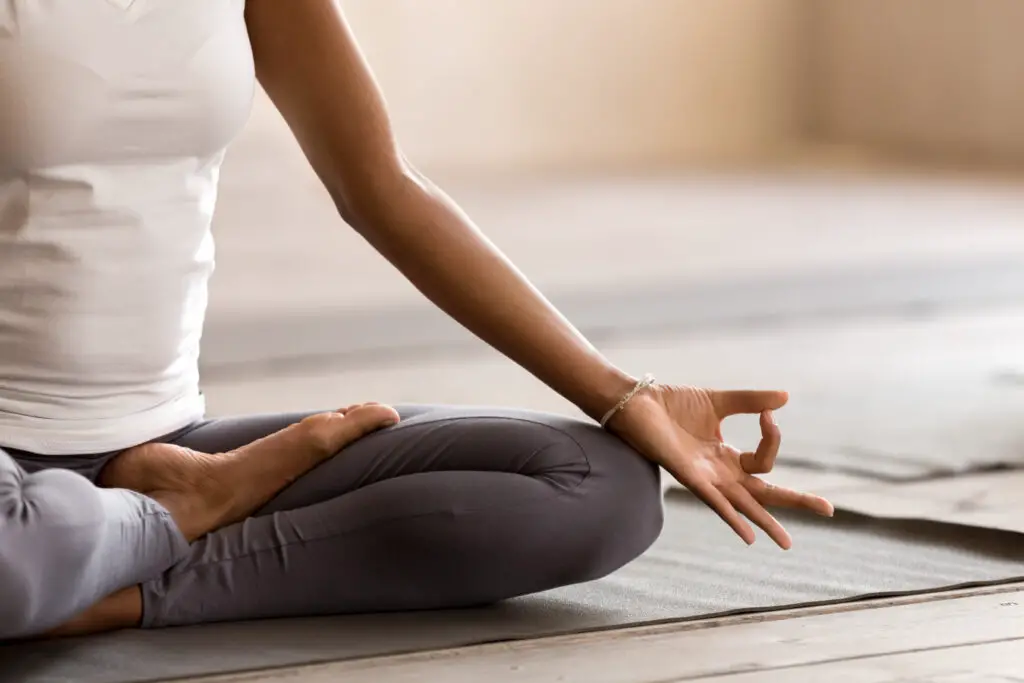
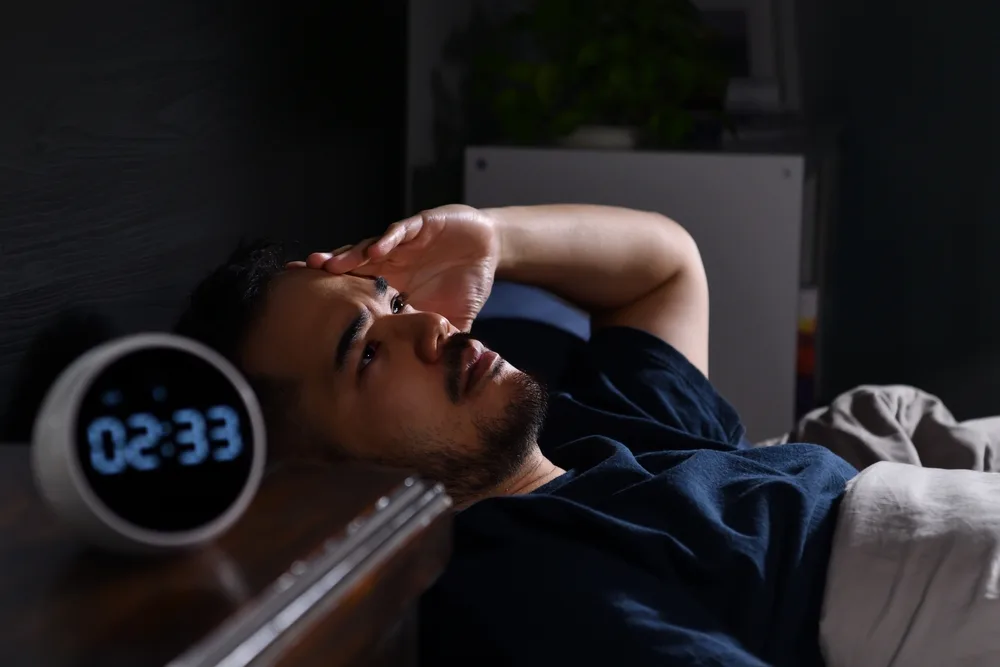
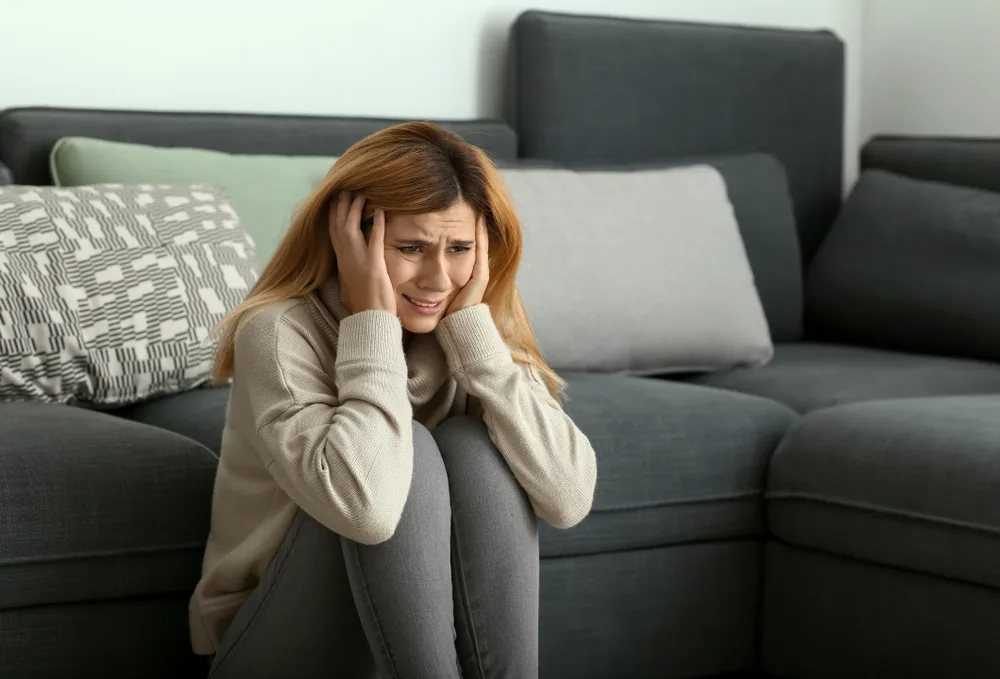


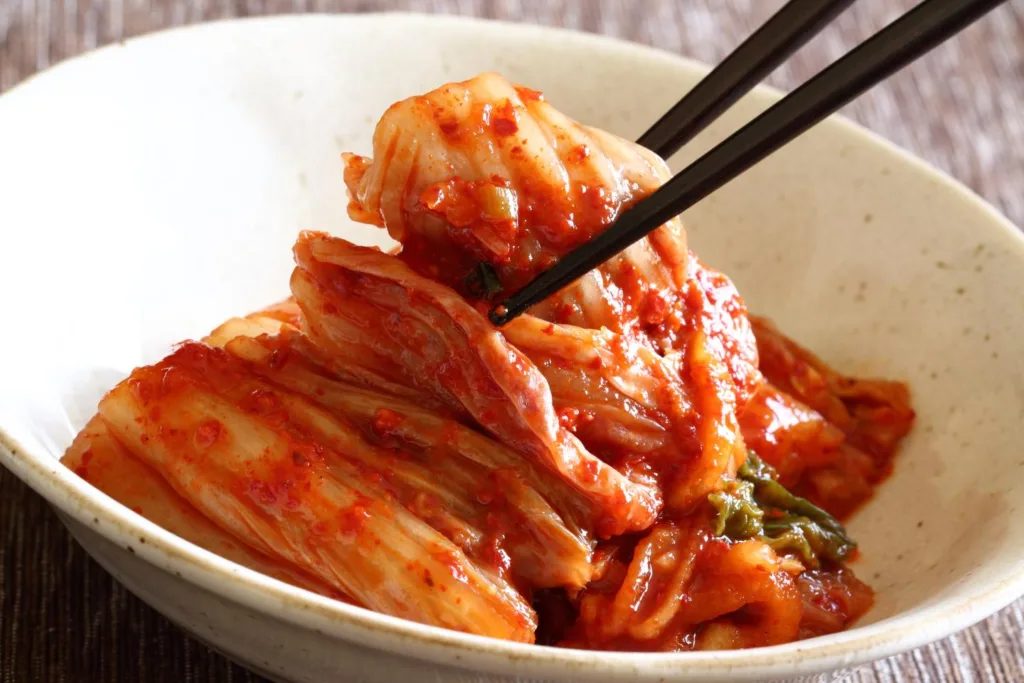


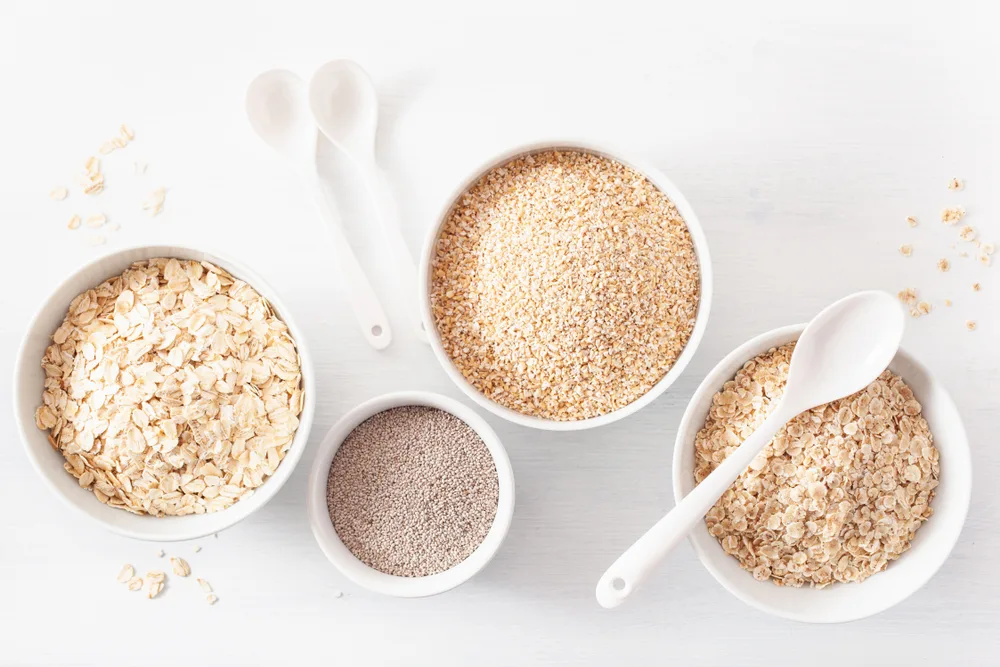
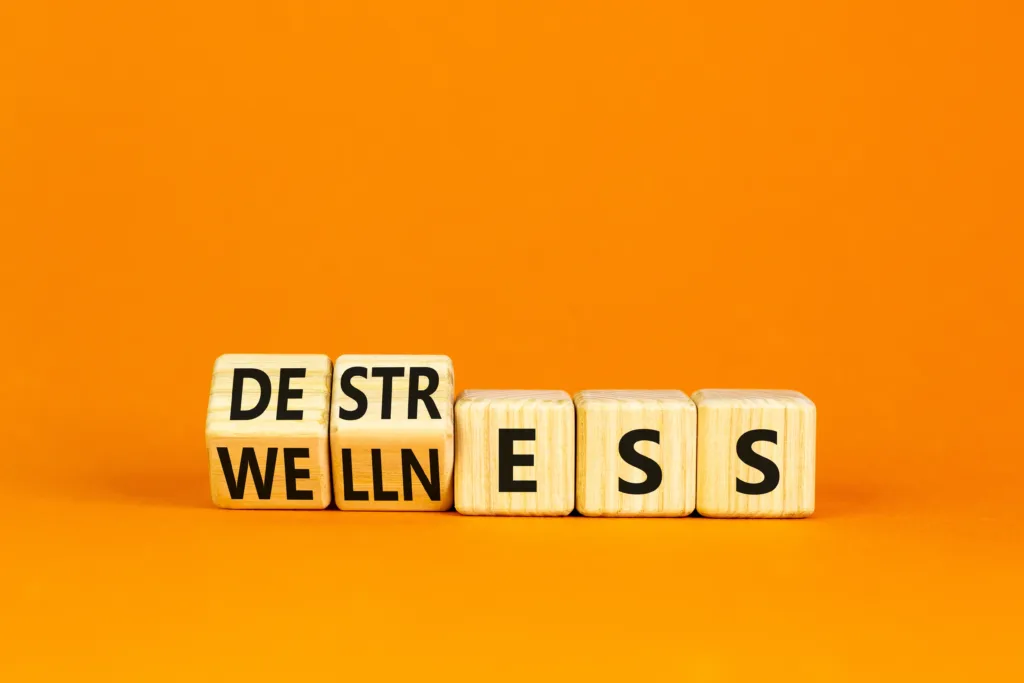

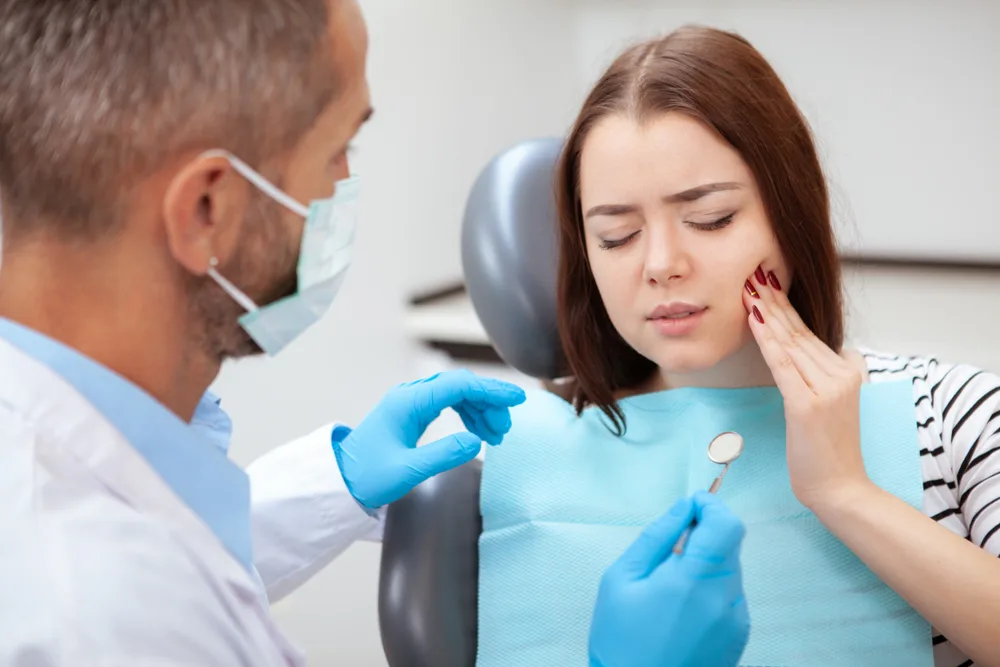
Comments
0